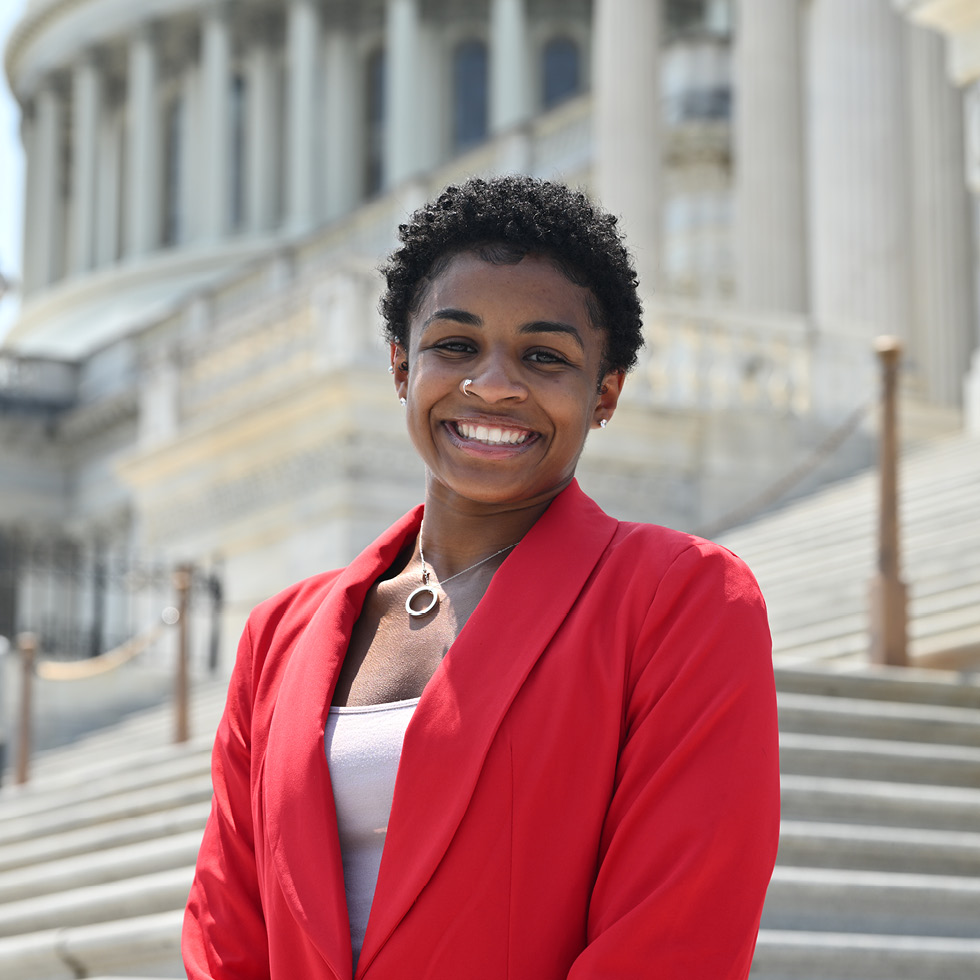In the face of evolving challenges within America's education system — from widening inequities to the integration of new technology — the need for effective education policies has never been more critical.
There is a strong demand for professionals who are knowledgeable and capable of navigating these modern complexities to drive meaningful change. In essence, the call for experts in education policy is loud and clear.
One route to entering this field is through pursuing a master’s degree in education policy. This degree will not only equip you with the essential knowledge and skills required to influence and shape policy, but it will also open up career opportunities where your contributions can make a significant difference.
So, what does this degree entail, and how can it pave the way toward a fulfilling career? Let’s dive in.
What Is a Master’s Degree in Education Policy?
A master’s degree in education policy is an advanced academic program that prepares graduates to understand, analyze, and influence the policies that shape education systems. This degree typically includes coursework in the various factors that affect education — including political, social, economic, legal, and cultural issues. The curriculum can also cover topics like educational foundations, policy analysis, policy evaluation, research methodologies, and leadership.
Making an Immediate Impact
In an era where educational outcomes and the achievement gap present unique and pressing challenges, a degree in education policy can empower you to make an immediate difference not just here in the United States, but globally as well.
Students who earn this degree are typically driven by a passion for making a direct and meaningful impact. They want to take on the complex challenges in education, help shape policies that lead to better outcomes for students, and contribute to the development of more equitable and effective educational systems — today.
Careers in Education Policy
At the end of the day, a master’s in education policy is an investment in a career path at the crossroads of education and public service. Graduates can pursue a variety of jobs and careers including policy analysts and advisors, education advocates, legislators, political scientists, and school administrators.
Policy Analyst
Policy analysts research, analyze, and develop policies aimed at improving educational outcomes. They must understand legislation, funding, and reform efforts in order to create effective policy recommendations.
Education Advocate
Education advocates work to promote educational reform and improvements by raising awareness and lobbying for policy changes. Their work often involves collaborating with community leaders, policymakers, and educators.
Education Policy Advisor
Policy advisors provide guidance on education policy to lawmakers, educational institutions, and nonprofit organizations. They play a key role in shaping the direction of education systems at local, national, and international levels.
Government Representative
Those who pursue careers in government, such as in departments of education or legislative bodies, influence education policy directly through legislation, funding decisions, and program development.
Political Scientist
Political scientists study the origin, development, and effectiveness of education policies and systems. They conduct research to understand the impact of policy decisions and provide insights into improving outcomes.
School Administrator
Administrators in colleges and universities often confront policy-related issues that affect their institutions, including curriculum standards, student services, and compliance with federal and state regulations.
Deciding Your Next Step
Whether you’re drawn to the analytical challenges of policy development, the advocacy needed for equitable education, or the strategic aspects of educational leadership, a master’s in education policy will equip you with skills and perspective to effect real change.
At the Johns Hopkins School of Education, students in our online master’s in education policy program learn to navigate complex federal and state regulations, draft policy, conduct financial analysis, and address today’s educational inequities through rigorous research and analysis. The program stands out not just for its robust online courses, but also for its experiential learning opportunities, including a unique in-person residency at state-of-the-art Washington, D.C. campus.
If you’re ready to take the next step toward making a meaningful impact on education policy and student outcomes, we invite you to explore the Master of Science in Education Policy at the Johns Hopkins School of Education.

